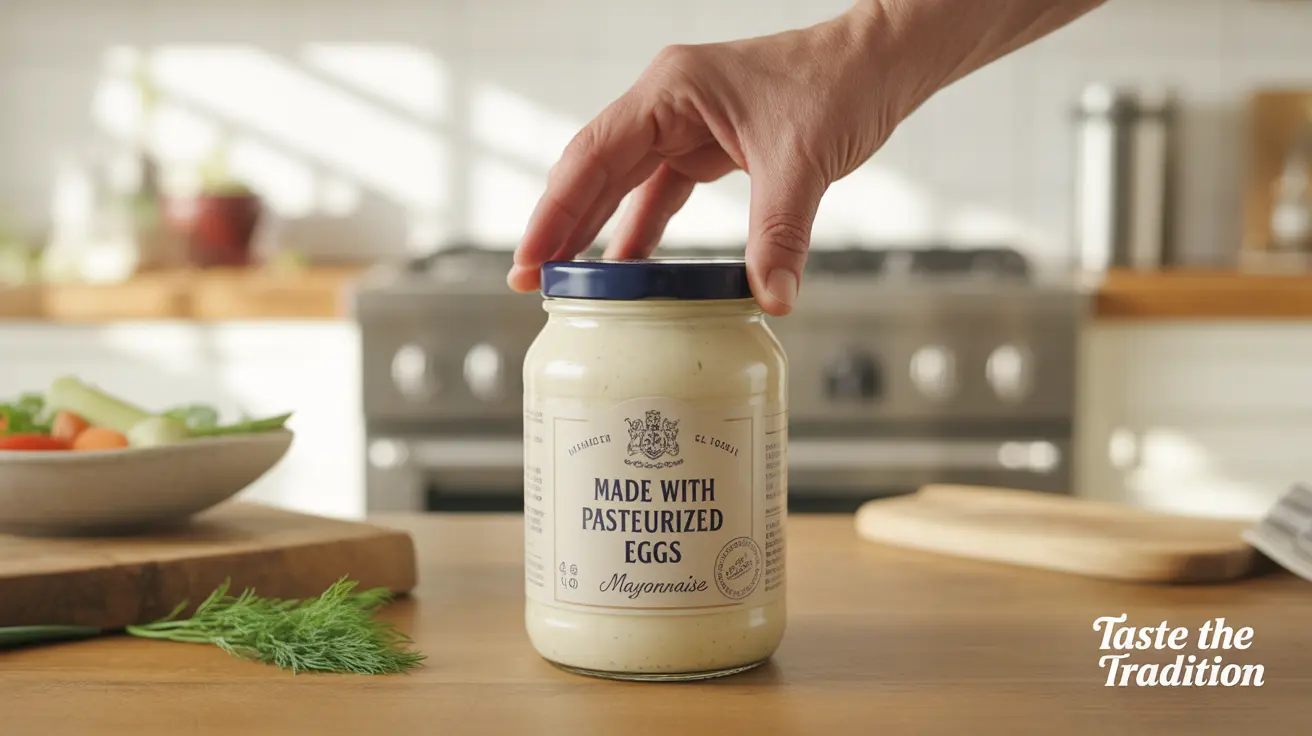During pregnancy, food safety becomes a top priority, and many expectant mothers wonder about the safety of common condiments like mayonnaise. Understanding which types of mayonnaise are safe to consume during pregnancy can help you make informed decisions about your diet while protecting your health and your baby's development.
The safety of mayonnaise during pregnancy primarily depends on whether it's made with pasteurized eggs and how it's manufactured and stored. Let's explore everything you need to know about consuming mayonnaise while pregnant, including safety guidelines and alternatives.
Commercial vs. Homemade Mayonnaise Safety
Store-bought commercial mayonnaise is typically safe for pregnant women because manufacturers use pasteurized eggs and follow strict food safety guidelines. These products also contain preservatives and acidic ingredients that help prevent bacterial growth.
However, homemade mayonnaise often contains raw eggs, which can carry harmful bacteria like Salmonella. This makes homemade versions potentially dangerous for pregnant women and should be avoided unless specifically made with pasteurized eggs.
How to Identify Safe Mayonnaise Options
Reading Labels
When shopping for mayonnaise, always check the label for these key indicators:
- Made with pasteurized eggs
- Commercially manufactured
- Proper storage instructions
- Use-by dates
- FDA approval
Storage and Handling
Even safe mayonnaise can become dangerous if not properly stored. Follow these guidelines:
- Keep refrigerated at all times
- Check expiration dates regularly
- Avoid cross-contamination
- Don't leave at room temperature for over 2 hours
- Use clean utensils for serving
Risks of Unsafe Mayonnaise During Pregnancy
Consuming mayonnaise made with unpasteurized eggs during pregnancy can pose several risks:
- Salmonella infection
- Listeria contamination
- Food poisoning
- Pregnancy complications
Safe Alternatives to Traditional Mayonnaise
If you're concerned about mayonnaise safety, consider these alternatives:
- Vegan mayonnaise
- Avocado spread
- Hummus
- Greek yogurt-based spreads
- Mustard
Frequently Asked Questions
Is it safe to eat mayonnaise during pregnancy?
Yes, it's safe to eat commercially produced mayonnaise during pregnancy as it's made with pasteurized eggs and produced under strict safety regulations. However, avoid homemade mayonnaise made with raw eggs.
How can I tell if mayonnaise contains pasteurized eggs and is safe for pregnancy?
Check the label on commercial mayonnaise products. Most store-bought versions use pasteurized eggs and will indicate this on the packaging. When in doubt, contact the manufacturer or choose major brands that follow FDA safety guidelines.
Why should pregnant women avoid homemade mayonnaise with raw eggs?
Homemade mayonnaise with raw eggs can contain harmful bacteria like Salmonella, which can cause serious illness in pregnant women and potentially harm the developing baby. The pasteurization process used in commercial products kills these harmful bacteria.
What are the risks of eating mayonnaise made with raw or unpasteurized eggs during pregnancy?
Consuming mayonnaise made with raw or unpasteurized eggs during pregnancy can lead to food poisoning, particularly from Salmonella infection. This can cause severe illness in pregnant women and potentially lead to pregnancy complications.
Are there safe alternatives to mayonnaise for pregnant women?
Yes, there are many safe alternatives to traditional mayonnaise, including vegan mayonnaise, avocado-based spreads, hummus, Greek yogurt-based dips, and mustard. These options can provide similar taste and texture while ensuring food safety during pregnancy.




